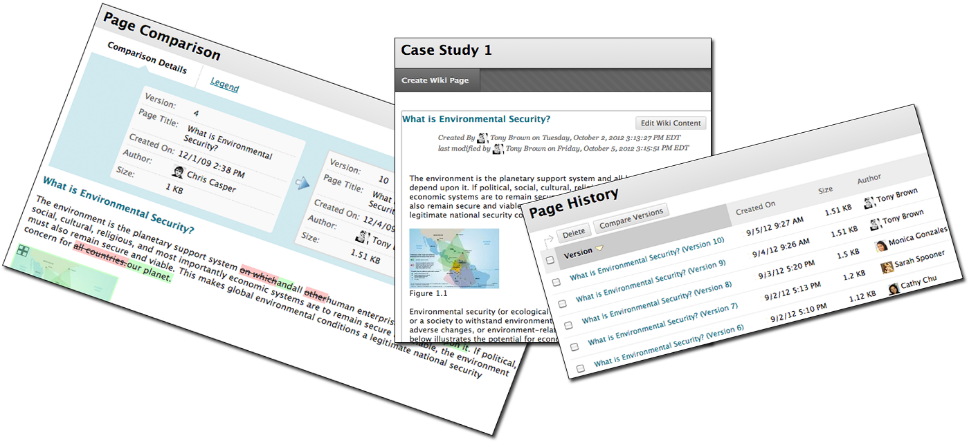
Blackboard Group Assignments for Instructors
Before assigning group work
You don’t want students to see group activities as busy work. If group work doesn’t enhance your learning objectives and provide value, consider alternative teaching techniques. Only use group work for projects an individual student can’t do as well alone and finish in the intended amount of time.
Research shows that students work harder when others rely on them. To encourage this interdependence, create group assignments that require the students to divide the work to meet the goal, question and challenge each other’s ideas, and share feedback and encouragement.
Before incorporating group work into your course, consider these questions:
- Will the group work further my course objectives?
- What introductory material or group resource information can I provide to help students succeed?
- How will the groups be formed?
- Will students be involved in planning the groups?
- How will I assess students’ learning and maintain individual accountability? Will I require a group deliverable?
- How will I handle concerns and problems
Blackboard Group Assignments for Students
Some Considerations Before you begin
A course group must exist before you create group assignments for it.
- Students who are enrolled in more than one group that receives the same assignment will be able to submit more than one attempt for this assignment. You may need to provide these students with an overall grade for the assignment.
- Students who aren’t enrolled at the time that a group assignment has been submitted don’t have access to that submission. These students only see that the submission occurred.
- Students who you remove from a group can’t see the group assignments. They can access their submissions from My Grades.
- If you edit the assignment between creation and the due date, the entire group may lose any work already in progress.
- If you delete a group from the assignment after students have started an attempt but before submission, they’ll lose access to the assignment and lose their work.
You create a group assignment in the same way you create an assignment for students to complete individually. When you create a group assignment, a gradebook item is created automatically. You can create group assignments in content areas, learning modules, lesson plans, and folders. The group assignment appears in the course area where you create it and on the group homepage.
A few notes on marking Blackboard Group Assignments
- When marking a group assignment using Inline Grading, the overall mark given will automatically be submitted for all the students in the group and will become visible in the Grade Centre. However, you can modify individual students’ marks if you need to.
- Individual marks cannot be applied in the case of anonymous group assignments, as it won’t be possible to identify individual students.







